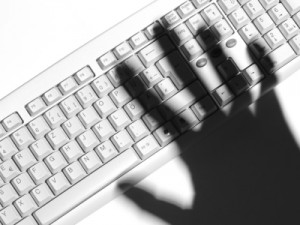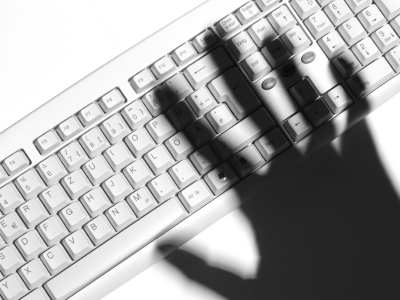 By Editorial Board
By Editorial Board
The Guardian
The phone in your pocket gives you powers that were hard to imagine even five years ago. It can talk to you, listen, and give sensible answers to questions. It knows your fingerprint and recognises your face and those of all your friends. It can buy almost anything, sell almost anything, bring you all the news you want, as well as almost all the books, films and music you might want to look at. What’s more, it will even allow you to talk to your friends and to communicate with almost anyone.
The problem is that these powers are not yours – at least they don’t belong to you alone. They belong to whoever controls the phone and can be used to serve their purposes as well as yours. Repressive governments and criminal gangs are all contending to break into phones today, and this kind of hacking will increasingly become the preferred route into all of the computer networks that we use – the ones we don’t call “phones”.
Apple’s sudden forced upgrade to the iPhone operating system last week was a response to these anxieties. A dissident in the UAE appears to have had his iPhone hijacked by a very sophisticated piece of malware produced by a security company and sold legally, if in secret, to regimes that want to spy on their enemies. This offers its controllers complete knowledge of anything the infected phone is privy to: that’s all the contacts, all the messages of any sort, whether chats, texts or emails, all the calendars and even, potentially, any voice conversation that it overhears. It’s difficult to imagine a more assiduous or intimate spy. And once one phone has been subverted, it becomes a tool for spying into all other the networks to which it or the owner has access.
To read more click here.





